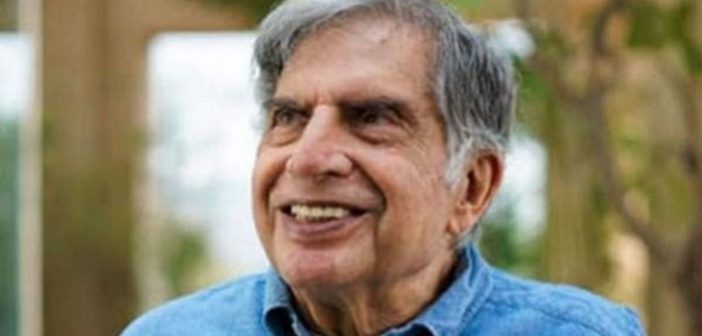Ratan Tata, one of India’s most influential business leaders, has left an indelible mark on the country’s industrial and economic landscape. Conferring the Bharat Ratna on him posthumously would be a fitting tribute to his visionary leadership and philanthropic legacy.
Transforming the Tata Group
Ratan Tata’s career spanned several decades, during which he transformed the Tata Group into a global powerhouse. When he took over in 1991, the conglomerate was primarily an Indian business, with limited international exposure. Through strategic acquisitions like Tetley (UK), Jaguar Land Rover (UK), and Corus Steel, Tata expanded its global footprint. His leadership not only preserved Tata’s legacy but also helped Indian industry become globally competitive.
Under his tenure, Tata Consultancy Services (TCS) and Tata Motors became industry leaders, creating jobs and generating wealth for millions of Indians. The launch of the Tata Nano, the world’s cheapest car, was a testament to his commitment to innovation and making products accessible to the masses.
Contributions to India’s Economic Growth
Ratan Tata’s vision transcended individual business successes. He was instrumental in fostering India’s transition to a market-driven economy in the post-liberalization era. By spearheading investments in key sectors like technology, steel, automotive, and telecommunications, Tata was pivotal in bolstering India’s economic growth. He championed responsible capitalism, ensuring that his companies upheld ethical standards while delivering value to shareholders.
As chairman of Tata Sons, he played a key role in positioning Indian businesses on the global stage. His emphasis on quality, innovation, and sustainability helped reshape perceptions of Indian companies as reliable and world-class competitors.
Philanthropy and Social Impact
Ratan Tata’s contributions were not confined to corporate success. His commitment to social development and philanthropy is deeply rooted in the Tata family’s ethos. He consistently championed education, healthcare, and rural development, making a profound impact on the lives of millions of underprivileged Indians. The Tata Trusts, under his guidance, have played a significant role in advancing research, education, and social initiatives.
Notably, the Tata Group’s swift response during times of national crisis has earned widespread respect. Whether it was disaster relief, COVID-19 support, or healthcare initiatives, Tata’s philanthropy was far-reaching.
A Legacy of Ethical Leadership
Ratan Tata has long been regarded as a symbol of ethical leadership. In a corporate world often plagued by scandals, his integrity has been a guiding light. His commitment to transparency, fairness, and corporate responsibility made the Tata Group one of the most trusted names in India. His business acumen combined with an unwavering moral compass has set an example for future generations of Indian entrepreneurs.
Conclusion: A Fitting Honor
Conferring the Bharat Ratna on Ratan Tata posthumously would recognize not only his monumental contributions to India’s economy but also his role in shaping the nation’s industrial and philanthropic landscape. He epitomized the ideal of a business leader who balances profit with purpose, and his legacy continues to inspire Indian industry and society alike. The Bharat Ratna would serve as a lasting acknowledgment of his extraordinary achievements and contributions to India’s progress.






